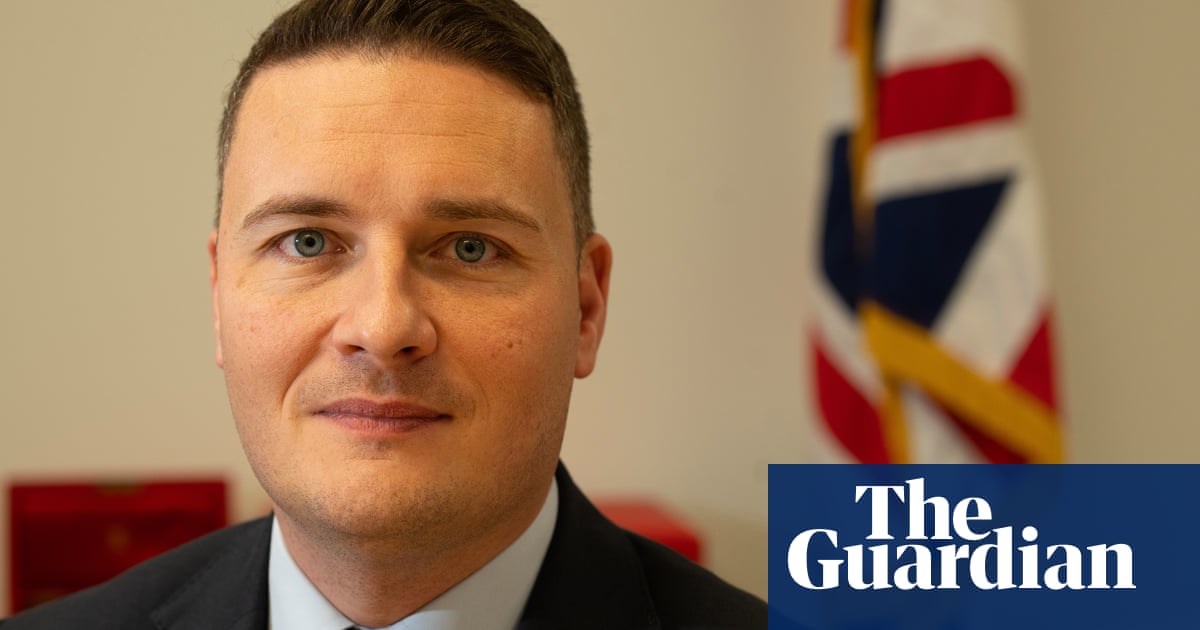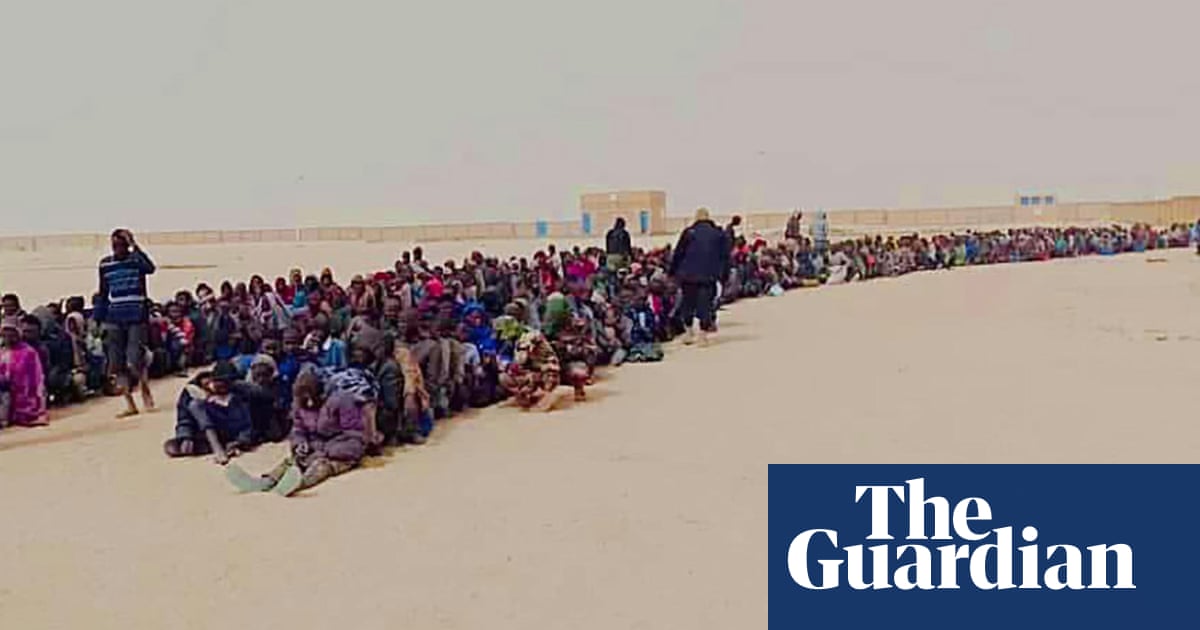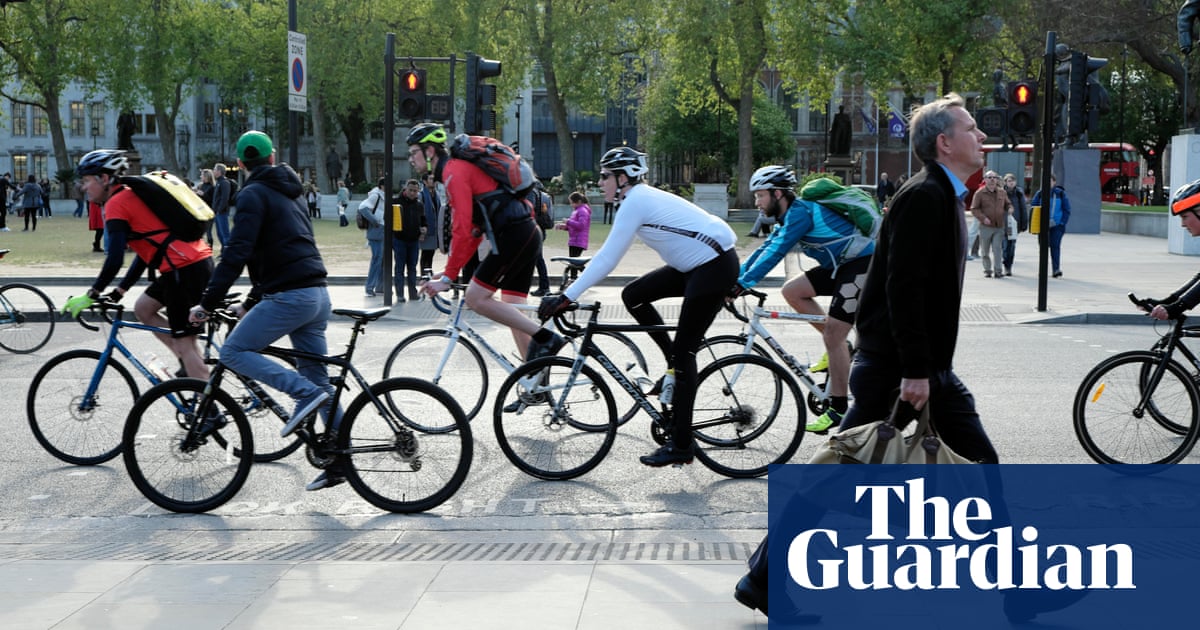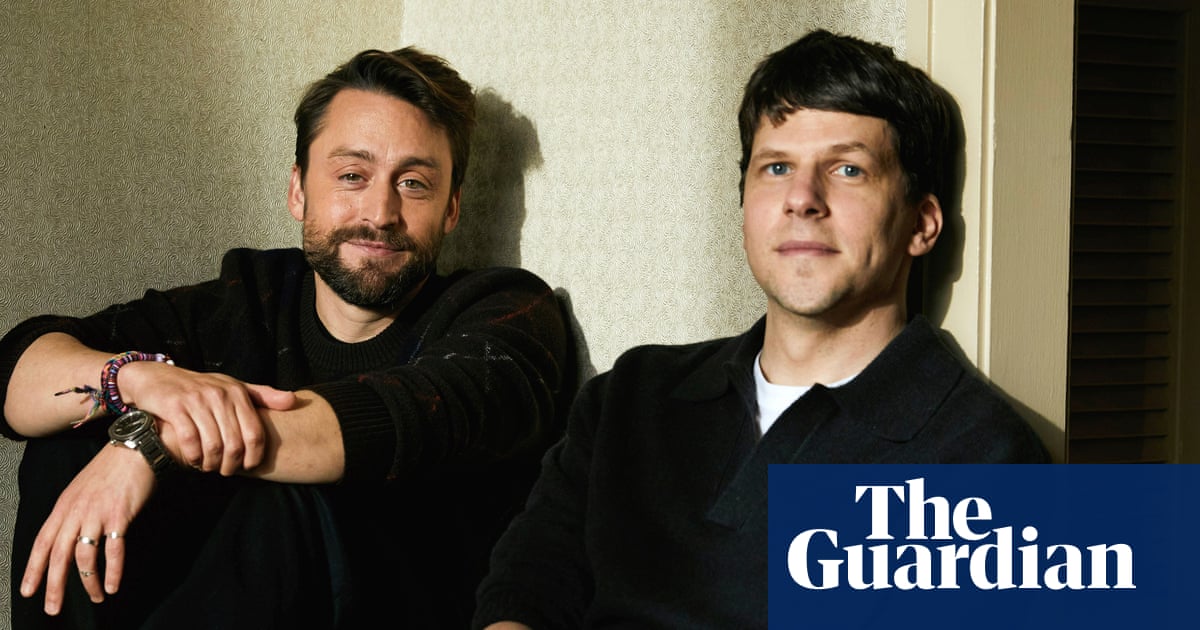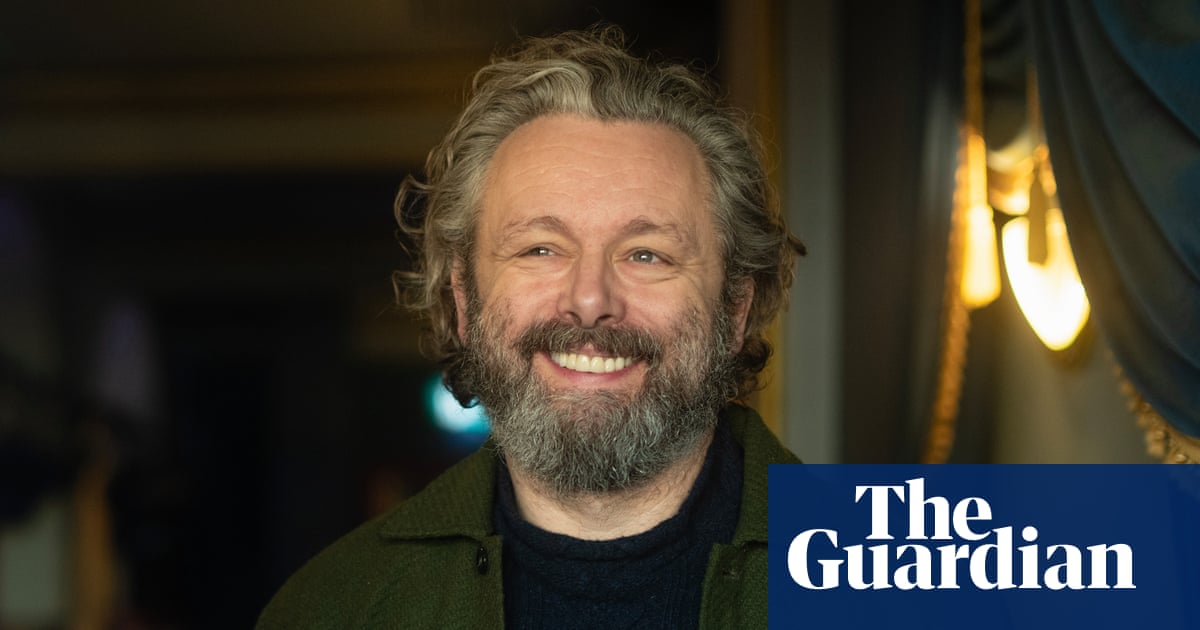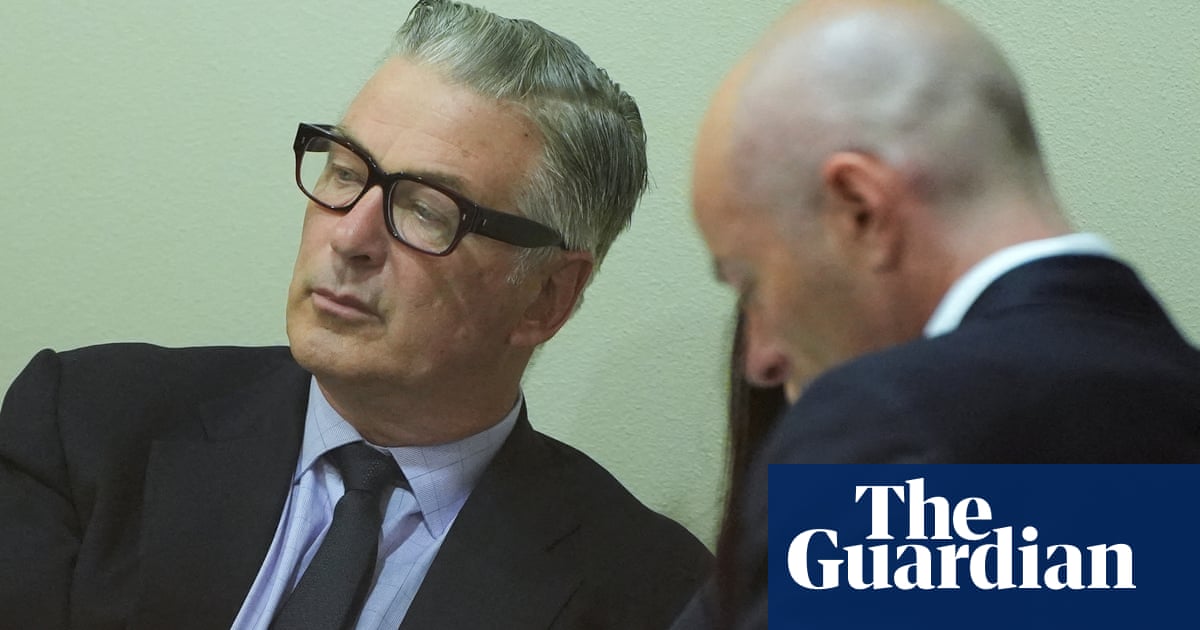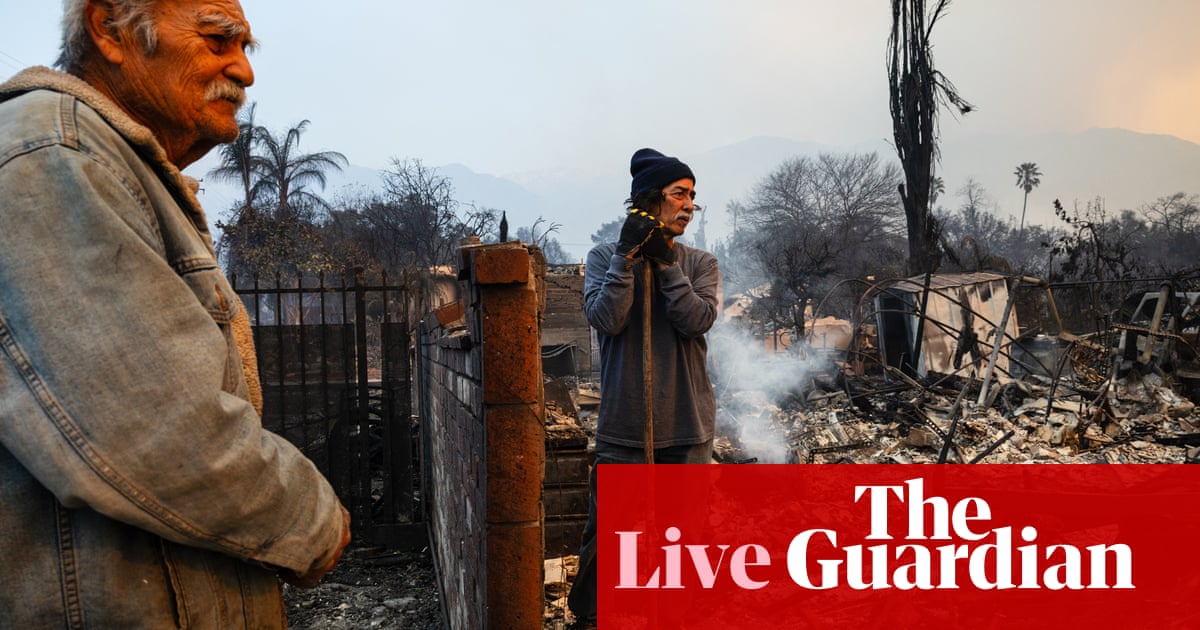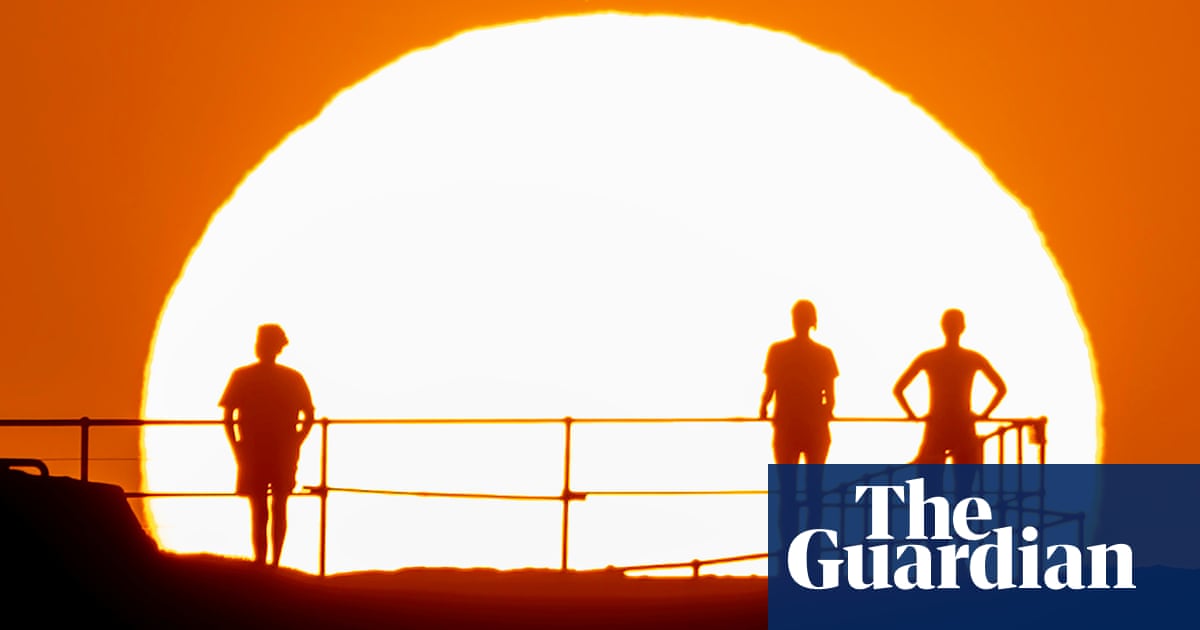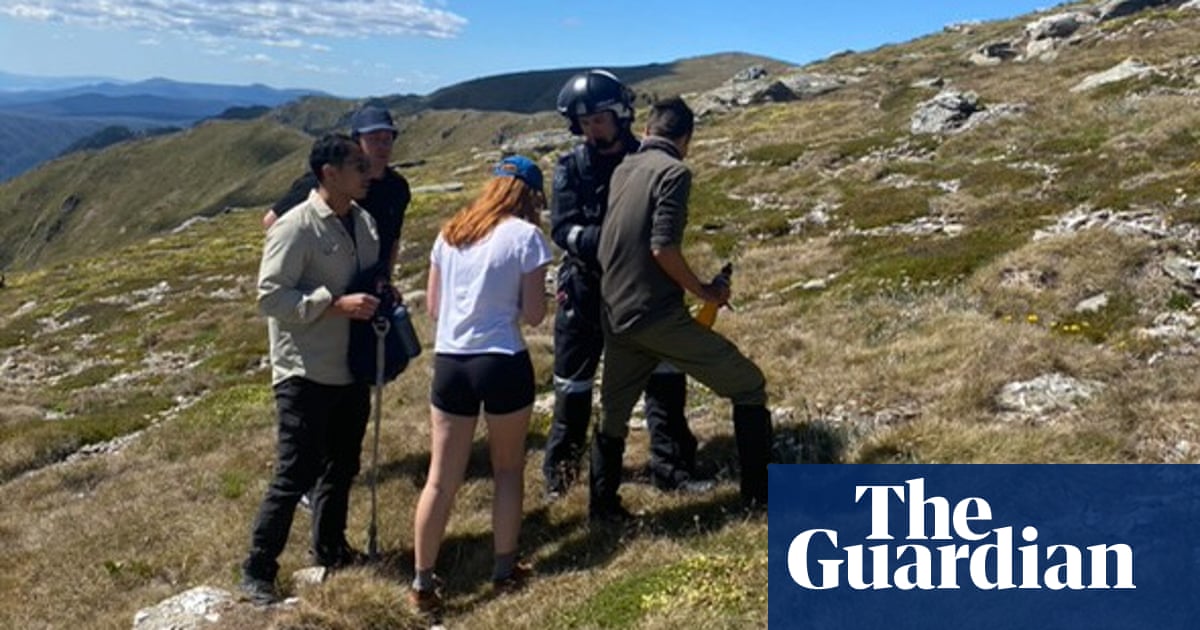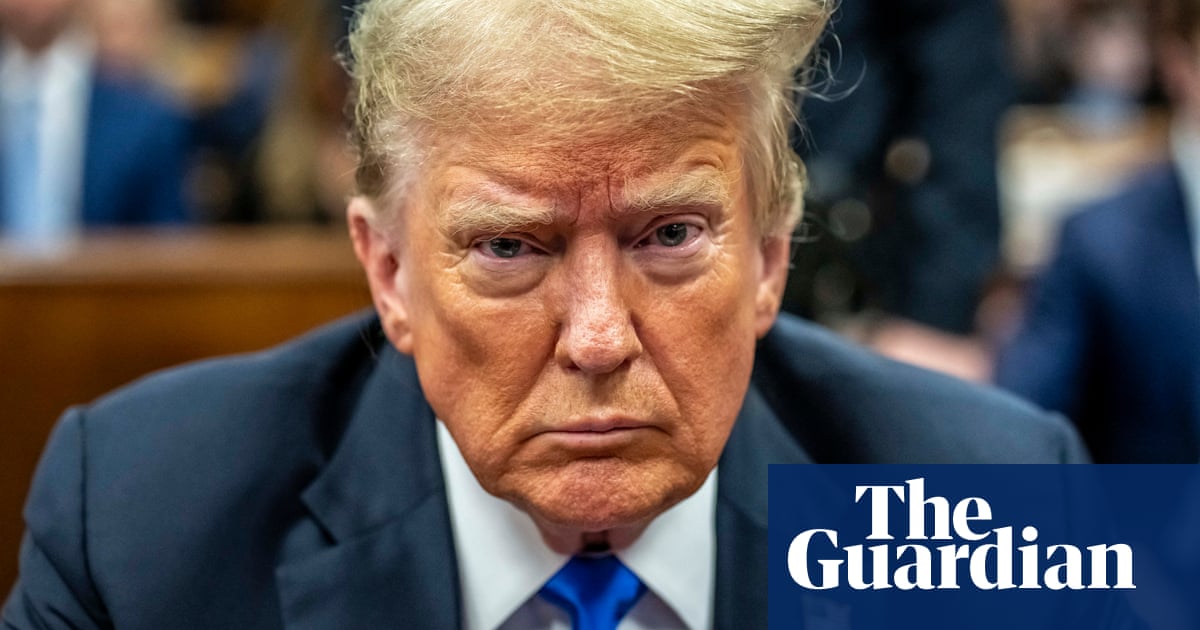There can rarely have been such a meeting of political jeopardy and artistic genius as in Florence in 1504. After the violent overthrow of the Medici family a decade earlier, and the execution of the zealot Savanorola in 1498, the new Florentine government, beset by ongoing wars with Pisa, was desperate for symbols to help stabilise the city’s fragile republic. To that end, Niccolò Machiavelli, the minister whose name has become synonymous with such political scheming, was among those instrumental in bringing the two towering artists of the age, Leonardo da Vinci, then 52, and Michelangelo, 23 years his junior, into direct competition to create those public statements, to help make Florence great again.
That ultimate artistic standoff is the subject of an exhibition entitled Michelangelo, Leonardo, Raphael now open at the Royal Academy in London. The context echoes down through the centuries. To begin with, Leonardo was invited to help decide the placing of Michelangelo’s statue David, which went on display that year; once together, however, the pair were seduced to produce for the walls of the council chamber rival frescoes of the two great military triumphs of Florentine history: the battles at Cascina and Anghiari. It was the first and last time they worked in the same room.
In our own moment of global political turmoil, the results of those labours, now on display in London, might not only serve as fabulous distraction but also as a reminder of a few lasting truths: one is that the opposites of political strife and rising authoritarianism are not only resistance and argument, but also uninhibited imagination and creativity. Another is that when the substance of ancient divisions is long forgotten, the greatest artists tend to have the last and lasting word.
The Royal Academy show is only one of several examples of those principles available in the capital this autumn. It takes its place alongside the glorious Monet visions of the Thames at the Courtauld Gallery, the unprecedented congregation of Van Gogh’s paintings from his time at Arles at the National Gallery, and Francis Bacon’s tormented renderings of screaming humanity at the National Portrait Gallery. The painters could hardly be more different, but each in his own way not only captures the form and pressure of his time, but also rises triumphantly above those forces. Monet abandoned his bucolic impressions of France to create obsessive imaginings of London, the blood-red city of empire at the close of the Victorian age; Van Gogh exiled himself under starry skies to express internalised universes of his own; Bacon, meanwhile, brought all the inhuman implications of Second World War carnage to bear on his portraits of friends and lovers. If anyone ever claims to you that artificial intelligence will shortly be able to match human creativity at its transcendent extremes, invite them to defend that belief after spending a day at any or all of those exhibitions in the coming weeks.
after newsletter promotion
While each one creates its own irresistible reality, a few other things unite those imaginations. One is that, though the work itself has become the stuff of billionaire dreams, the artists were never themselves for sale. The Royal Academy show dramatises that fact to nice effect. For despite the best efforts of Machiavelli, one of the greatest persuaders in human history, neither Leonardo nor Michelangelo was ever coerced into completing the commissions they had been given. Leonardo had trouble making his paint stick to the wall and moved on to other obsessions; his younger rival, denied the impetus of competition, walked out soon after. We are left, therefore, with the might-have-beens of their peerless plans and drawings – evidence of the other thing about the human imagination at its best: that it’s never really in thrall to politicians’ demands or the unseen hand of the market; in the end, it does precisely its own thing.

.png) 2 months ago
13
2 months ago
13

